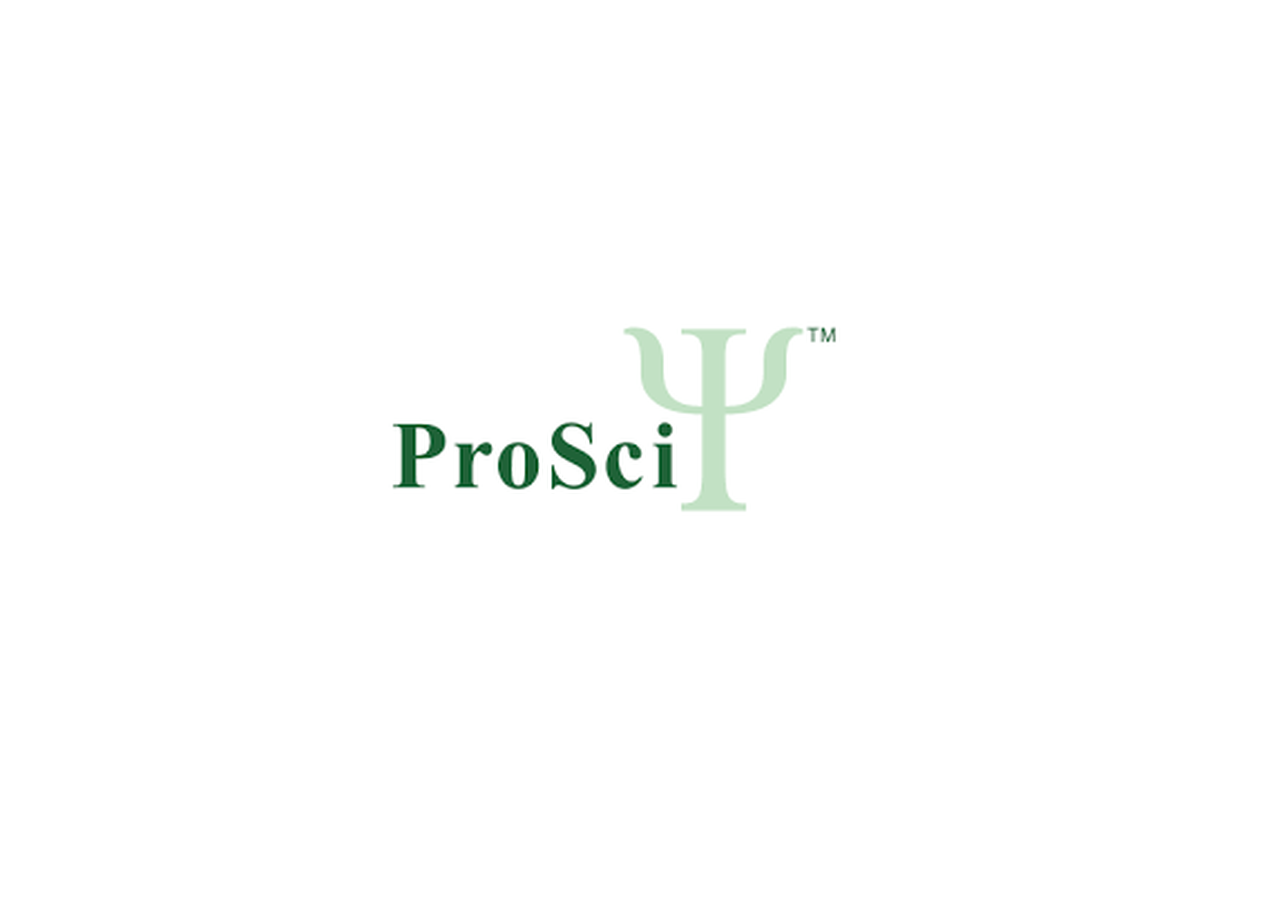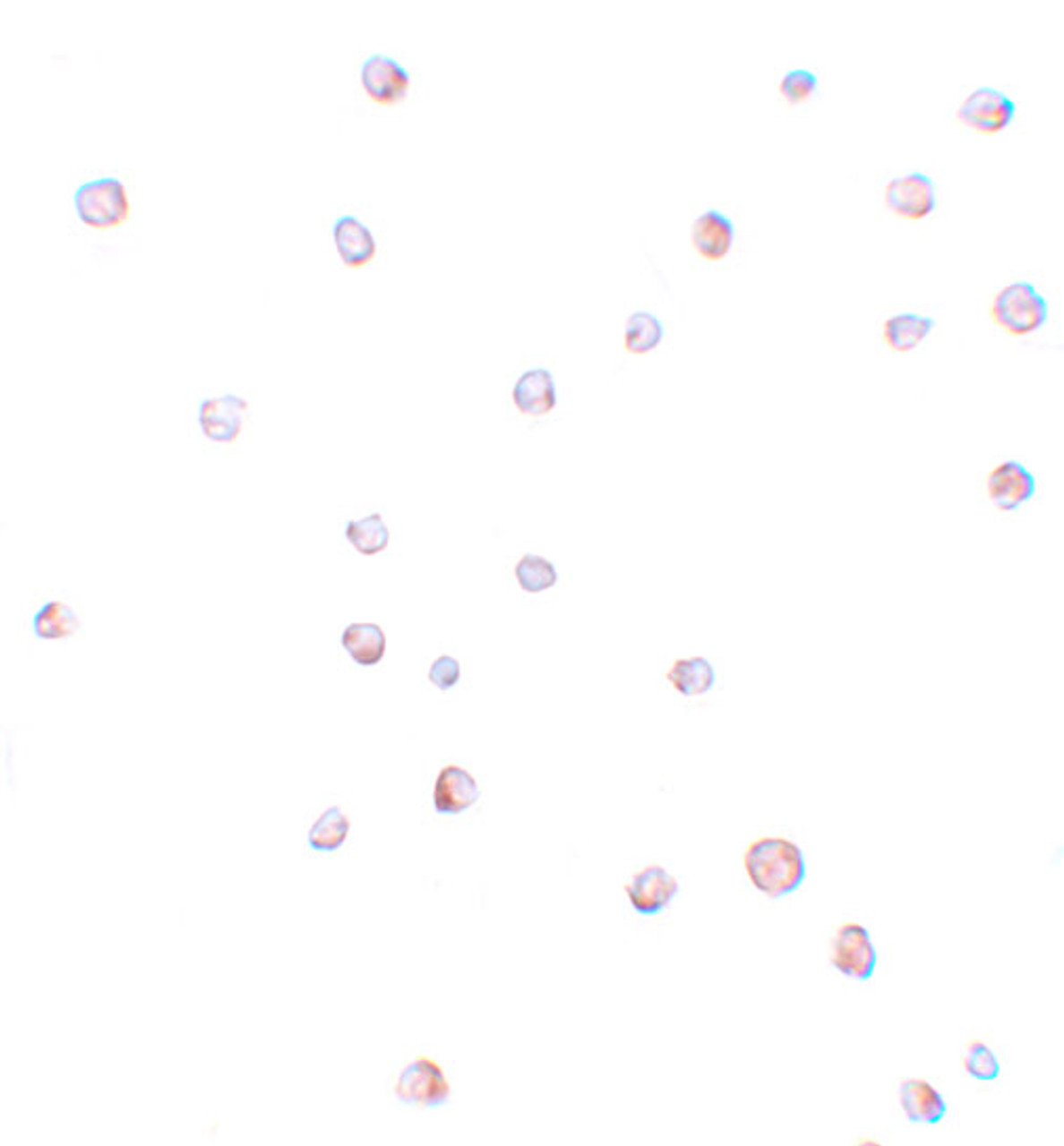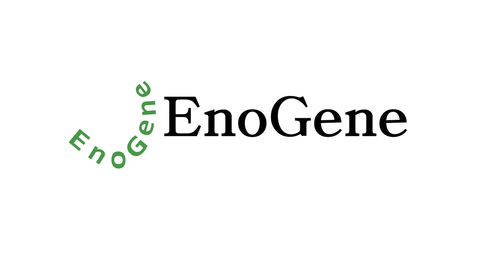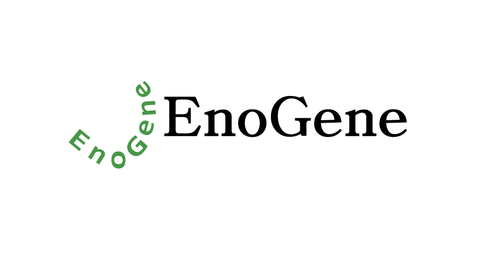Product Description
USP10 Antibody | 5803 | ProSci
Host: Rabbit
Reactivity: Human, Mouse
Homology: Predicted species reactivity based on immunogen sequence: Bovine: (80%) , Rat: (91%) , Chicken: (89%)
Immunogen: USP10 antibody was raised against a 16 amino acid synthetic peptide near the amino terminus of human USP10.
The immunogen is located within amino acids 30 - 80 of USP10.
Research Area: Cancer, Cell Cycle
Tested Application: E, WB, ICC, IF
Application: USP10 antibody can be used for detection of USP10 by Western blot at 1 - 2 μg/mL. Antibody can also be used for immunocytochemistry starting at 20 μg/mL. For immunofluorescence start at 20 μg/mL.
Antibody validated: Western Blot in human samples; Immunocytochemistry in human samples and Immunofluorescence in human samples. All other applications and species not yet tested.
Specificiy: N/A
Positive Control 1: Cat. No. 1205 - Jurkat Cell Lysate
Positive Control 2: Cat. No. 17-005 - Jurkat Cell Slide
Positive Control 3: N/A
Positive Control 4: N/A
Positive Control 5: N/A
Positive Control 6: N/A
Molecular Weight: N/A
Validation: N/A
Isoform: N/A
Purification: USP10 Antibody is affinity chromatography purified via peptide column.
Clonality: Polyclonal
Clone: N/A
Isotype: IgG
Conjugate: Unconjugated
Physical State: Liquid
Buffer: USP10 Antibody is supplied in PBS containing 0.02% sodium azide.
Concentration: 1 mg/mL
Storage Condition: USP10 antibody can be stored at 4˚C for three months and -20˚C, stable for up to one year. As with all antibodies care should be taken to avoid repeated freeze thaw cycles. Antibodies should not be exposed to prolonged high temperatures.
Alternate Name: USP10 Antibody: UBPO, KIAA0190, Ubiquitin carboxyl-terminal hydrolase 10, Deubiquitinating enzyme 10
User Note: Optimal dilutions for each application to be determined by the researcher.
BACKGROUND: USP10 Antibody: USP10, also known as ubiquitin specific peptidase 10, belongs to the ubiquitin-specific protease family of cysteine proteases. USP10 functions to catalyze the cleavage of ubiquitin from ubiquitin-conjugated protein substrates such as p53/TP53, SNX3 and CFTR. USP10 has been identified as a subunit of DNA-bound androgen receptor (AR) complexes and may play a role in the activity of the DNA-bound androgen receptor complex. USP10 also acts as an essential regulator of p53/TP53 stability and is thought to function as a tumor suppressor.
 Euro
Euro
 USD
USD
 British Pound
British Pound
 NULL
NULL
















